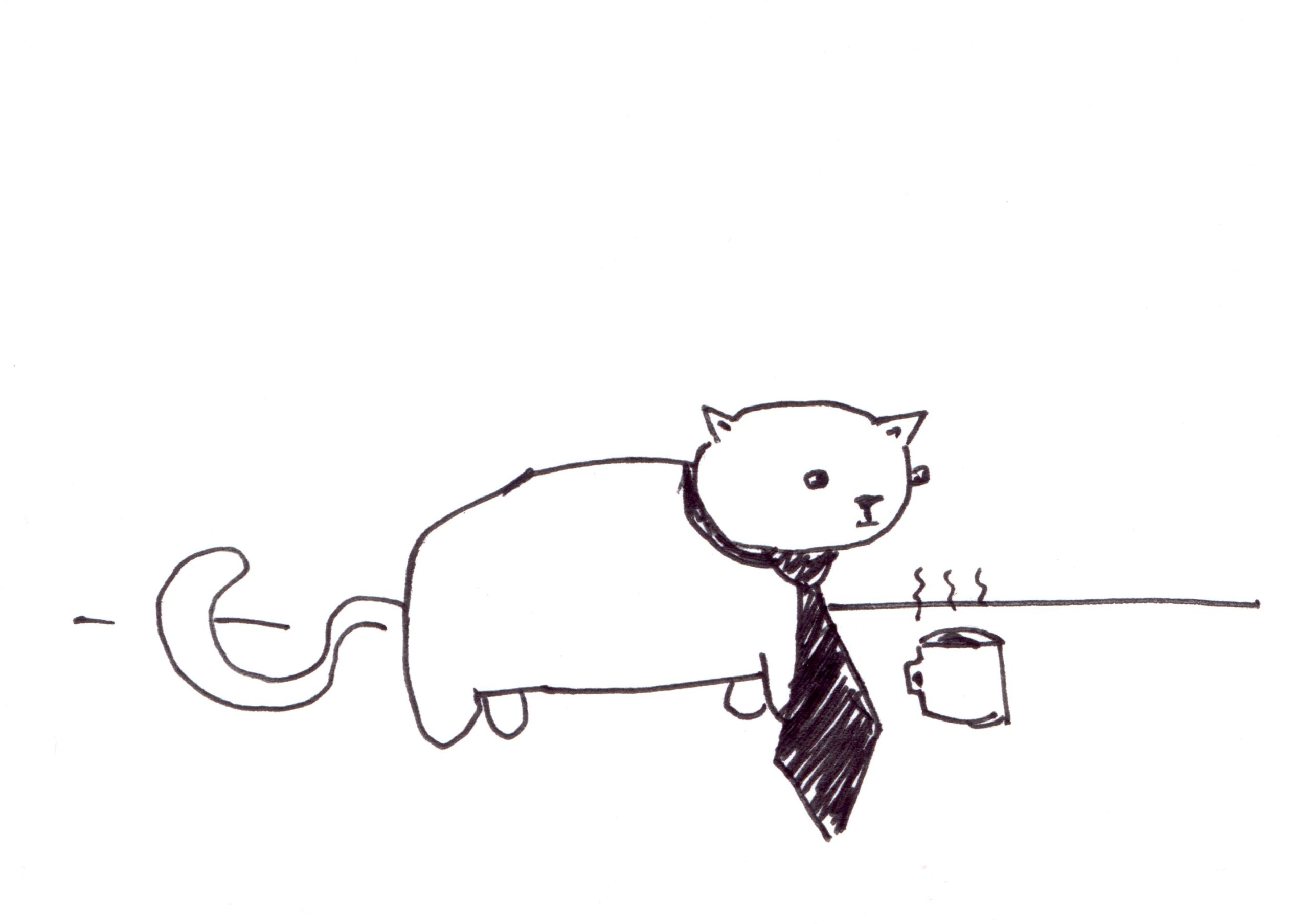Tumblr user actualanimevillain:
sometimes you say or do bad things while you’re in an awful mental place. sometimes you say things that are rude or uncalled for or manipulative… no one is perfect. but once you’re through that episode, you need to take steps to make amends. you need to apologize.
“i couldn’t help it, i was having a bad episode” is a justification, not an apology.
“i’m so fucking sorry, i fucked up, i don’t deserve to live, i should stop talking to anyone ever, i should die” is a second breakdown and a guilt trip. it is not an apology.
when you apologize, the focus should be on the person you hurt. “i’m sorry. i did something that was hurtful to you. even if i was having a rough time, you didn’t deserve to hear that,” is a better apology. if it was a small thing, you can leave it at that.
if you caused significant distress to the other person, this is a good time to talk about how you can minimize damage in the future. and again, even if it is tempting to say you should self-isolate and/or die, that is not a helpful suggestion. it will result in the person you’re talking to trying to talk you out of doing that, which makes your guilt the focus of the conversation instead of their hurt.
you deserve friendship, and you deserve support. but a supportive friend is not an emotional punching bag… what you say during a mental breakdown doesn’t define you. how you deal with the aftermath though, says a lot.


